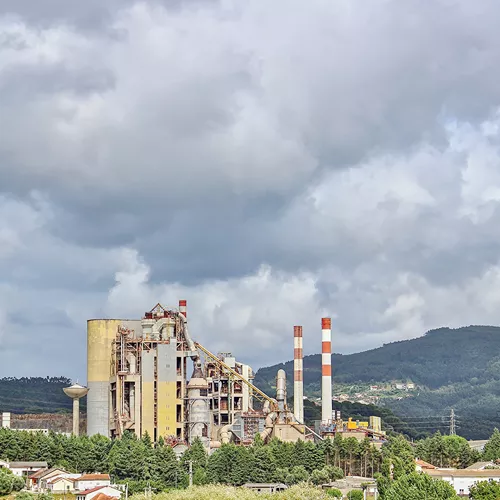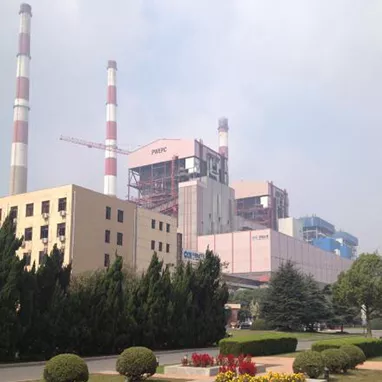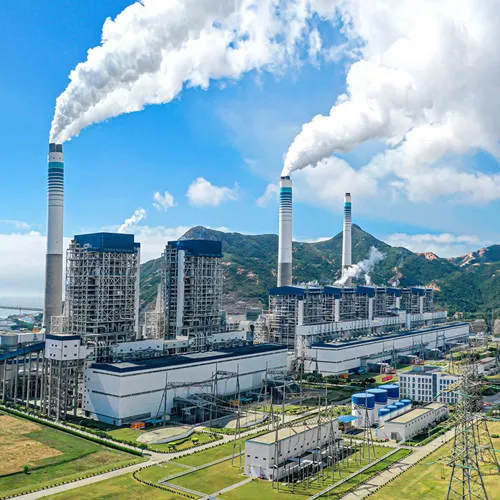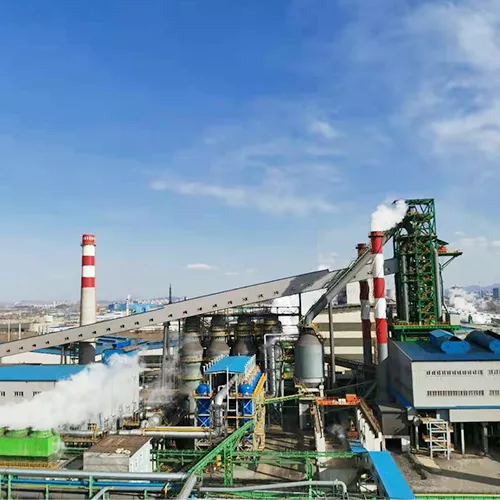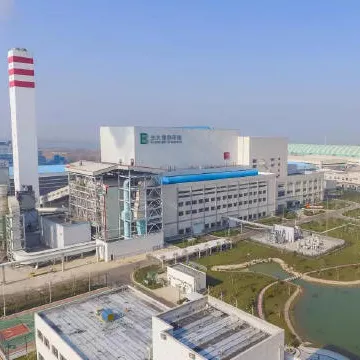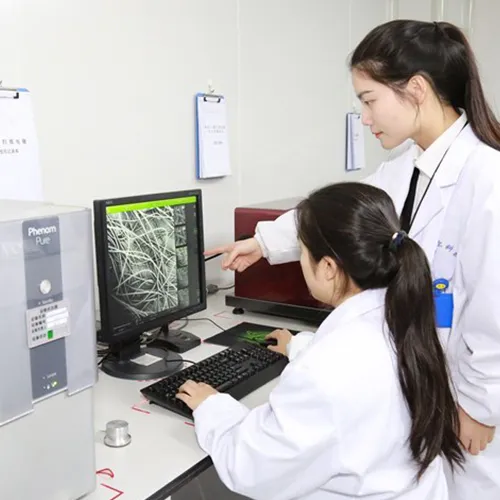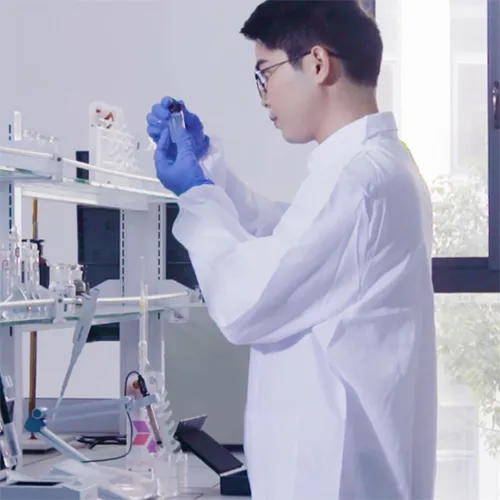How to cope with the competition and innovation needs in the denitration catalyst market
Against the backdrop of increasingly stringent environmental regulations, the denitration catalyst market is facing a series of new challenges. With the increasing requirements for nitrogen oxide (NOx) emission control, denitration catalysts, as an important emission reduction technology, have broad market prospects, but they also face many difficulties. This article explores the main challenges and coping strategies of the future denitration catalyst market, and provides reference for industry participants.
1. Demand for technological innovation
As global environmental standards continue to improve, the performance requirements for denitration catalysts are becoming more stringent. Companies need to continue to invest in research and development to develop more efficient and cost-effective catalysts. This means that catalysts must not only maintain good catalytic activity under extreme conditions such as high temperature and high pressure, but also adapt to different gas compositions and concentration changes. Therefore, innovatively designing new catalysts, especially catalysts that can adapt to a wider range of working conditions, will be an important goal of the industry.
2. Intensified market competition
With the rapid development of the market, competition in denitration catalysts has become increasingly fierce. Domestic and foreign companies have joined this field, making market competition increasingly fierce. Enterprises need to continuously improve their own technical level and product quality, and at the same time, they need to innovate in cost control and marketing strategies to ensure that they stand out in the fierce competition.
3. Constraints of environmental protection regulations
Governments of various countries have gradually tightened their requirements for environmental protection, and the production and application of denitrification catalysts need to comply with more regulations and standards. This not only puts higher demands on the production process of enterprises, but also means that enterprises have to increase their investment in compliance. Therefore, enterprises must keep up with changes in environmental protection policies and adjust production and operation strategies in a timely manner to meet increasingly stringent regulatory requirements.

4. Cost pressure
Although the contribution of denitrification catalysts to environmental protection cannot be ignored, their production and operation costs are relatively high, which brings considerable pressure to enterprises. Enterprises need to find ways to reduce costs, including optimizing the procurement of raw materials and improving production processes to improve economic efficiency. This will help attract more customers and expand market share.
5. Durability and stability of catalysts
In practical applications, catalysts are often affected by high temperatures, dust and chemicals and gradually become ineffective. Therefore, improving the durability and stability of catalysts is an urgent problem to be solved in the industry. By improving the material and structural design of the catalyst and enhancing its anti-pollution ability, the service life of the catalyst can be effectively extended, thereby reducing the frequency of replacement and reducing overall operating costs.
6. Denitrification demand in non-electric industries
As the denitrification transformation of the thermal power industry is gradually completed, the denitrification demand in non-electric industries such as steel, cement, coking and other fields will become a new growth point. However, the flue gas composition of these industries is complex and the temperature is relatively low, which poses new challenges to catalysts. Developing catalysts that can work efficiently at low temperatures will be the key to meeting the needs of these industries.
7. Treatment and recycling of spent catalysts
As the use time of denitrification catalysts goes by, the treatment and recycling of spent catalysts has become an important issue facing the industry. How to safely and effectively treat these wastes, which not only meets environmental protection requirements but also enables resource reuse, is a topic that all companies need to think about seriously.
8. Research and development of low-temperature catalysts
Since the flue gas temperature in the non-electric industry is usually low, it is urgent to develop low-temperature catalysts to ensure efficient denitrification under these conditions. Therefore, the research and development of low-temperature catalysts is not only a necessary measure to meet market demand, but also an important way to improve the technical level of the industry.
9. Intelligent management
With the development of big data and artificial intelligence technology, intelligent management of the denitrification process will become an industry trend. How to achieve precise control and optimization of the denitrification process and improve the efficiency of catalyst use is an important issue that the industry needs to consider. By introducing advanced monitoring and management systems, companies can monitor and adjust the operating status of catalysts in real time, thereby improving their work efficiency.
10. International cooperation and competition
In the context of globalization, international cooperation and competition coexist. How to use international resources and enhance their own competitiveness is an important direction that companies need to pay attention to. Through cooperation with foreign enterprises and research institutions, advanced technologies and concepts can be introduced to promote the development of the domestic denitration catalyst industry.
Conclusion
Faced with these challenges, participants in the denitration catalyst industry need to continue to innovate, improve product quality, reduce costs, and actively adapt to market changes and regulatory requirements. Through scientific management and reasonable strategies, enterprises can not only cope with current challenges, but also occupy a favorable position in the future market and achieve sustainable development. Only in this way can we be invincible in the increasingly competitive denitration catalyst market.






